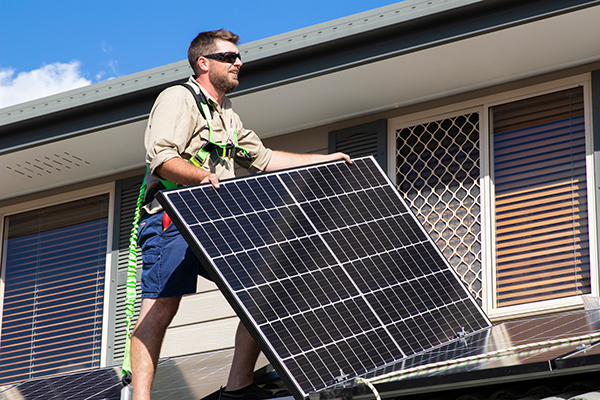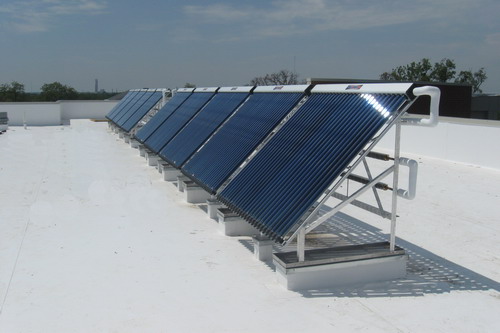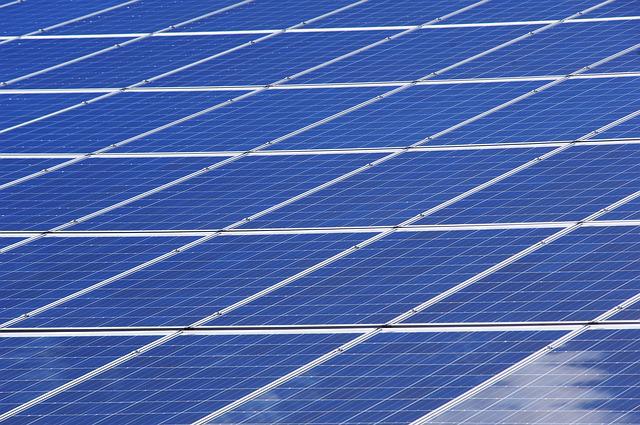
There are many incentives to consider if you're interested in installing solar panel on your property. These include tax credits, Feed-in tariffs and community solar programs. Additionally, you may also be eligible for up-front rebates. But not all programs are accessible to everyone. You can check with the office of renewable energy in your state to find out what programs are available.
Tax credits
Solar panels installation costs can be offset by tax credits. Owners of solar panels can claim these credits. They can also be used for the purchase of battery storage systems. Homeowners who want to increase their energy storage capacity for energy security and backup power will find the new credit of 30% a great incentive. Moreover, the new tax credit is expected to prevent the emission of 1 billion tons of carbon dioxide by 2030.
This tax credit is only available to those who have taxable income and have installed their solar PV system. The tax credit can't be claimed on a PPA or solar lease. A tax credit can be claimed for equipment, wiring, and inverters used to make your solar array.

Feed-in tariffs
The feed-in tariffs that solar panels offer households an incentive to put up solar panels and produce their own electricity. This money is not subject to tax, and households will be paid around three pence per kilowatt-hour of electricity they export to grid. The government's recent decision to scrap feed-in rates is a huge blow to the renewable energy business.
Although they are rare, there are some states that have solar panel feed-in tariffs. According to the Database of State Incentives for Renewables and Efficiency(DSIRE), seven states currently have solar feed in tariffs. While solar feed-in tariffs will not have a significant impact on solar installations' economics, they can reduce the risk of going solar.
Community solar projects
New York's Solar for All Program offers incentives for solar panel installations. This program provides low-income New Yorkers with the opportunity to subscribe to solar projects in their community. It also lowers the costs of financing and implementation of solar projects. Participants can save as much as possible. A second benefit is that community subscriptions to solar energy won't interfere or affect existing efficiency measures like the Energy Affordability Bill Coupon.
In addition to providing financial assistance for solar panel installation, community solar programs also help to create jobs and increase community wealth. The DOE launched SunShot Initiative. Its goal is to make solar energy competitive with traditional electricity sources within a period of ten years. Similar initiatives, such as the National Community Solar Partnership, harness momentum from the private and public sector and bring together stakeholders to accelerate community solar deployment within low- and moderate-income communities.

Refunds up-front
You can save money by getting upfront rebates on solar panels. These rebates are available from the state, the panel manufacturer, or the utility company. Although rebates vary in value, they typically result in a reduction of the cost to install solar panels. These rebates can be passed on to the consumer as savings. Net metering is the main benefit of residential solar panels. This means that homeowners will be able to save $1 on their monthly electricity bills for every kilowatt hour produced by a panel.
Solar panels can also be leased, which can make them very affordable. These agreements are typically for 20 years and will benefit both homeowner and local utility. There are a few advantages and disadvantages to each method, so make sure to shop around before deciding which is right for you.